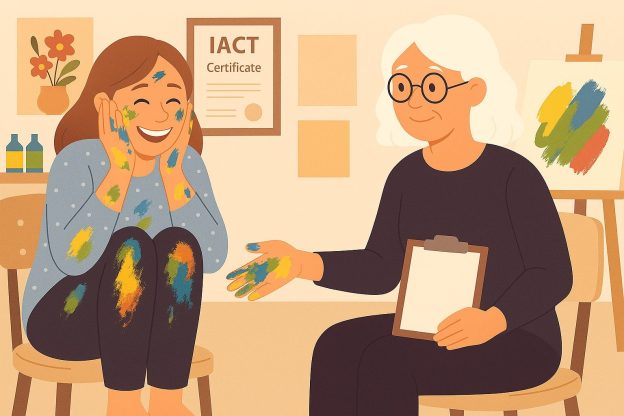What You Will Learn:
🧑🤝🧑 Establishing a Therapeutic Alliance:
Learn to build trust and rapport with clients using empathy, active listening, and clear boundaries. Example: Practicing reflective listening in role-play scenarios.
📝 Decolonizing Assessments:
Understand the assessment techniques created by others you will be exposed to.
Example: The use of the DSM-5 framework and cultural formulation interviews.
🎯 Collaborative Treatment Planning:
Develop SMART goals and select interventions tailored to client needs.
Example: Co-creating a treatment plan with a client using CBT worksheets.
🧠 Implementing Evidence-Based Interventions:
Apply techniques from CBT, psychodynamic, and humanistic therapies.
Example: Guiding a client through cognitive restructuring for anxiety.
⚖️ Navigating Ethical and Professional Issues:
Understand confidentiality, informed consent, and ethical decision-making.
Example: Analyzing a case study involving dual relationships.
🌍 Fostering Cultural Competence:
Integrate multicultural perspectives and adapt interventions for diverse clients.
Example: Modifying assessment tools for cultural relevance.
🔄 Promoting Client Self-Reflection and Resilience:
Encourage self-assessment and lifelong learning in clients.
Example: Using journaling and mindfulness exercises to enhance self-awareness.
🔬 Evaluating and Adjusting Interventions:
Use outcome measures and feedback to refine counseling strategies. Example: Implementing session rating scales and adjusting plans accordingly.
4 Additional Reading Titles
- 📘 Motivational Interviewing: Helping People Change by Miller & Rollnick
- 📗 The Gift of Therapy by Irvin D. Yalom
- 📙 On Becoming a Person by Carl Rogers
- 📕 Cognitive Behavior Therapy: Basics and Beyond by Judith S. Beck
Course Content
About Instructor


